A new dawn in the Sahel: President Traore and Burkina Faso’s anti-imperialist rebirth
By Maryam Qarehgozlou
Last week, Burkina Faso’s military announced that it had successfully dismantled a significant coup attempt in the West African nation engineered by France.
The Burkinabe Minister of Security, Mahamadou Sana, revealed that the leaders behind the coup attempt are based in Ivory Coast, whose government, led by President Alassane Ouattara, is known for aligning with France’s interests in the region.
Sana disclosed on state television last Monday that the objective of the coup attempt was to “sow total chaos and place the country under the supervision of an international organization.”
The plot was uncovered following the interception of messages exchanged between a Burkinabe military officer and leaders of terrorist groups. These communications discussed details about the positions of defense and security forces, as well as ongoing military operations.
According to the government, the information shared with these terrorist groups was intended to escalate attacks against security forces and civilians under the governance of President Ibrahim Traore, with the aim to “stir up a revolt against the authorities.”
This recent event underscores the challenges faced by President Traore, who has actively sought to distance the country from its former colonial power, France, since assuming office two and a half years ago.
At 37, Traore is the world’s second-youngest head of state, after Iceland’s Prime Minister Kristrun Frostadottir. He has made significant strides in reshaping Burkina Faso’s international relations and domestic policies despite the persistent threat of terrorism and neo-colonialism.
Traore has emerged as one of Africa’s most prominent advocates for a multipolar world and now serves as the face of the tripartite Alliance of Sahel States (AES), an anti-Western regional bloc formed with neighboring Mali and Niger last year.
The charismatic young African leader, a staunch proponent of anti-imperialism, has spearheaded the expulsion of French troops from Burkina Faso, catalyzing a ripple effect as other African nations consider similar actions.
By declining his presidential salary and retaining the modest military rank of captain, Traore has demonstrated a commitment to fostering economic self-sufficiency and eradicating corruption.
Rise to power
Traore – known as “IB” among locals – joined the Burkina Faso army in 2010 at the age of 22.
By 2020, he had been promoted to captain and played a pivotal role in numerous counter-terrorism operations in the African country.
However, around this time, Traore became disillusioned with his country’s leadership after witnessing the stark contrast between the under-equipped Burkinabe soldiers and the corrupt politicians who were distributing “suitcases of money” for bribes.
As Traore grew increasingly discontent with the status quo, he gradually emerged as a spokesperson for the frustrated soldiers stationed in the north of the country.
In January 2022, he played a part in the Burkina Faso coup d’état against President Roch Marc Kabore, which led to the rise of the Patriotic Movement for Safeguard and Restoration military junta.
However, dissatisfaction with the junta’s leader, Paul-Henri Sandaogo Damiba, escalated due to his inability to effectively tackle the terrorist threat.
The discontent among younger officers on the frontlines culminated in yet another coup on September 30 of the same year.
Following this coup, Traore, aged 34, was elected as the new leader of the Patriotic Movement for Safeguard and Restoration.
On October 6, 2022, he also assumed the position of Interim President, serving as both “Head of State” and “Supreme Head of the Armed Forces.”
Other coup attempts
The recent coup attempt to overthrow Traore was not the first since his ascension to power; in fact, his government has withstood numerous coup attempts over the past two and a half years.
Shortly after Traore took charge, military prosecutors disclosed in December 2022 that there had been an attempt to “destabilize state institutions” by civilians and a lieutenant-colonel named Emmanuel Zoungrana.
In late September 2023, Burkina Faso’s government reported that yet another “proven coup attempt” had been thwarted, nearly a year after Traore assumed power.
In January 2024, government spokesperson Rimtalba Jean Emmanuel Ouédraogo revealed that a coup attempt had been foiled, resulting in the arrest of coup plotters, which he described as an “umpteenth attempt at destabilizing” the Sahelian nation.
In September 2024, the government of Burkina Faso disclosed that it had foiled “several attempts at destabilization,” stating that former transitional president Damiba had spearheaded the “military segment of this plot” within Burkina Faso.
Security Minister Sana explained that opposition forces, backed by Western intelligence agencies and European mercenaries, had orchestrated a wide-ranging destabilization plot from various countries, including Ivory Coast, Ghana, and Nigeria.
Pragmatic foreign policy
Since assuming power, the young anti-imperialist African leader has striven to liberate Burkina Faso from neocolonialist forces, including the US and France, with the aim of securing the nation’s independence.
In a decisive move, Traore’s government expelled hundreds of French troops from Burkina Faso in February 2023, just one month after the Sahel nation demanded their withdrawal.
Traore subsequently expressed his desire to “look at other horizons, because we want win-win partnerships,” endorsing the diversification of Burkina Faso’s international alliances.
Echoing these sentiments, Prime Minister Apollinaire Kyelem de Tembela suggested in 2023 that Russia would be a “reasonable” ally in Burkina Faso’s fight against terrorism.
The country’s rejection of its colonial past has since sparked a wider trend across West and Central Africa, where nations are increasingly downgrading ties with France.
Mali, Burkina Faso, and Niger’s military governments have collectively expelled approximately 4,300 French soldiers from their territories in recent years.
In January, France completed its troop withdrawal from Chad, while Ivory Coast had previously announced its intention to withdraw French forces.
Furthermore, France and Senegal are negotiating the terms for the withdrawal of all French troops stationed in Senegal by the end of this year.
These French military bases in Africa have served as logistical hubs facilitating French military interventions, often under the pretense of providing assistance in fighting terrorism.
Their closure would mark the end of France’s capacity to intervene across Africa, effectively diminishing its influence in the region.
In response to this trend, French President Emmanuel Macron commented in January that African leaders had “forgotten to say thank you” to France for its purported assistance in combating Sahel insurgencies.
Denouncing Macron’s remarks as “just a smokescreen for the people,” Traore retorted, “If anyone is ungrateful, it is him. France exists today thanks to our ancestors. They should pray for us.”
Alliance of Sahel states
On July 26, 2023, a coup d’état occurred in Niger, during which the country’s presidential guard removed and detained President Mohamed Bazoum.
In response, the Economic Community of West African States (ECOWAS) issued an ultimatum on July 30, demanding the reinstatement of Bazoum within a week, under the threat of international sanctions and the potential use of force.
On September 26, 2023, Mali, Niger, and Burkina Faso formed the Alliance of Sahel States (AES), a mutual defense agreement established in response to the ECOWAS threat.
In July 2024, the AES evolved into a confederation led by the three post-coup administrations.
The confederation opposes neocolonialism, as demonstrated by the downgrading of the French language and the renaming of colonial-era street names. It also holds anti-French and anti-ECOWAS views, contesting many of their policies.
The AES aims to pool resources to develop energy and communications infrastructure, establish a common market, implement a monetary union with a proposed currency, enable the free movement of people, promote industrialization, and invest in the agriculture, mining, and energy sectors. The ultimate goal is to federalize into a single sovereign state.
The AES countries are resource-rich and are renegotiating relationships with Western companies to assert greater control over their resources and operations.
They have been actively diminishing the influence and control of their former colonial power, France, across resources, territory, diplomatic relations, and trade.
In pursuit of new partnerships to fill the vacuum left by France’s departure, AES nations are seeking to enhance economic and security cooperation with Russia, Turkey, China, Iran, and North Korea.
The economic outlook for AES countries appears promising, with Burkina Faso achieving 5.494%, Mali securing 3.751%, and Niger reaching 9.869% GDP growth in 2024.
Domestic policies
A 2023 Afrobarometer report revealed that nearly two-thirds of Burkinabes believe military intervention is warranted when leaders abuse power, while 66% support military rule, a stark contrast to the 24% recorded in 2012.
This survey, conducted during a period of military governance, seemingly reflects general approval of Traore’s administration.
Traore’s supporters highlight several achievements, including the doubling of military spending, the creation of a rapid support force to aid overstretched troops in the north, and increased use of drones and helicopters in government offensives.
Additionally, Traore’s reforms, such as rejecting a salary increase while maintaining his military captain earnings and nationalizing gold mines to promote domestic gold refining, resonate with many citizens.
His administration has also inaugurated the National Support Center for Artisanal Cotton Processing, constructed a new airport, and made significant investments in agriculture.
In an effort to assert financial independence, Traore has refused financial assistance from the International Monetary Fund and the World Bank, emphasizing the country’s potential for development without reliance on Western loans and conditionalities.
Burkina Faso’s untapped natural resources, including gold, zinc, copper, manganese, diamonds, and more, hold significant potential to transform the national economy.
Despite progress, including a GDP increase from US$3.2 billion in 1990 to US$18.3 billion in 2023 and a reduction in extreme poverty, challenges remain.
According to recent research by the African Futures and Innovation team at the Institute for Security Studies, Burkina Faso’s economy is projected to grow at an average rate of 8% from 2025 to 2043, with the potential to reduce income poverty to 2.6% and lift an additional 2.4 million Burkinabes out of poverty by 2043.
Nonetheless, prioritizing the urgent issue of terrorism is critical, as it has compromised the state’s authority and its capacity to provide public services in the 40% of territory lost to extremist groups. Thousands of schools and health facilities in these areas remain closed.
Experts suggest that with its strong, charismatic leadership, Burkina Faso has the potential to improve governance and achieve its developmental goals.
Iranian officials: EU will regret 'servitude to US' over IRGC designation
VIDEO | Iraqis decry US intervention
VIDEO | Iran says it won’t seek war but will hit back at any aggression
Threatening Iran and its Leader is playing with fire Trump and his ilk cannot contain
Israeli raids displace 25,000 Palestinians from Tulkarem refugee camp
All US bases, mercenaries within Iran’s reach: Leader’s representative
VIDEO | Lebanon parliament discusses budget in light of deep rifts
Regional states reject use of their territory against Iran


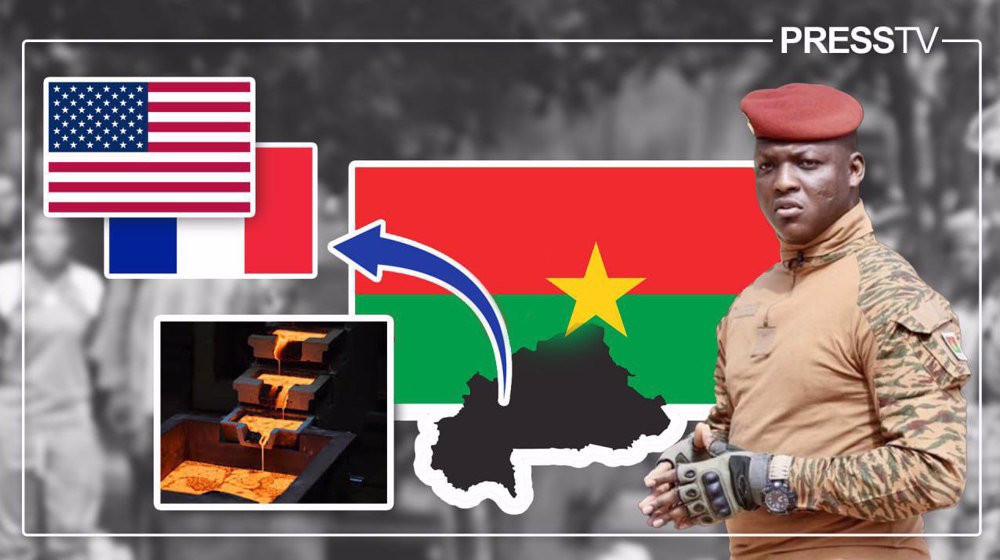
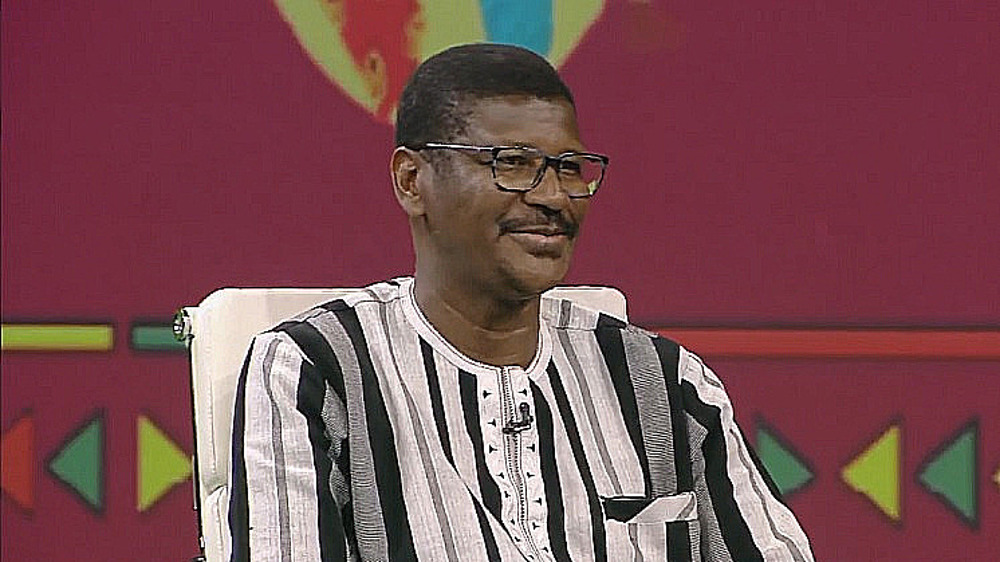
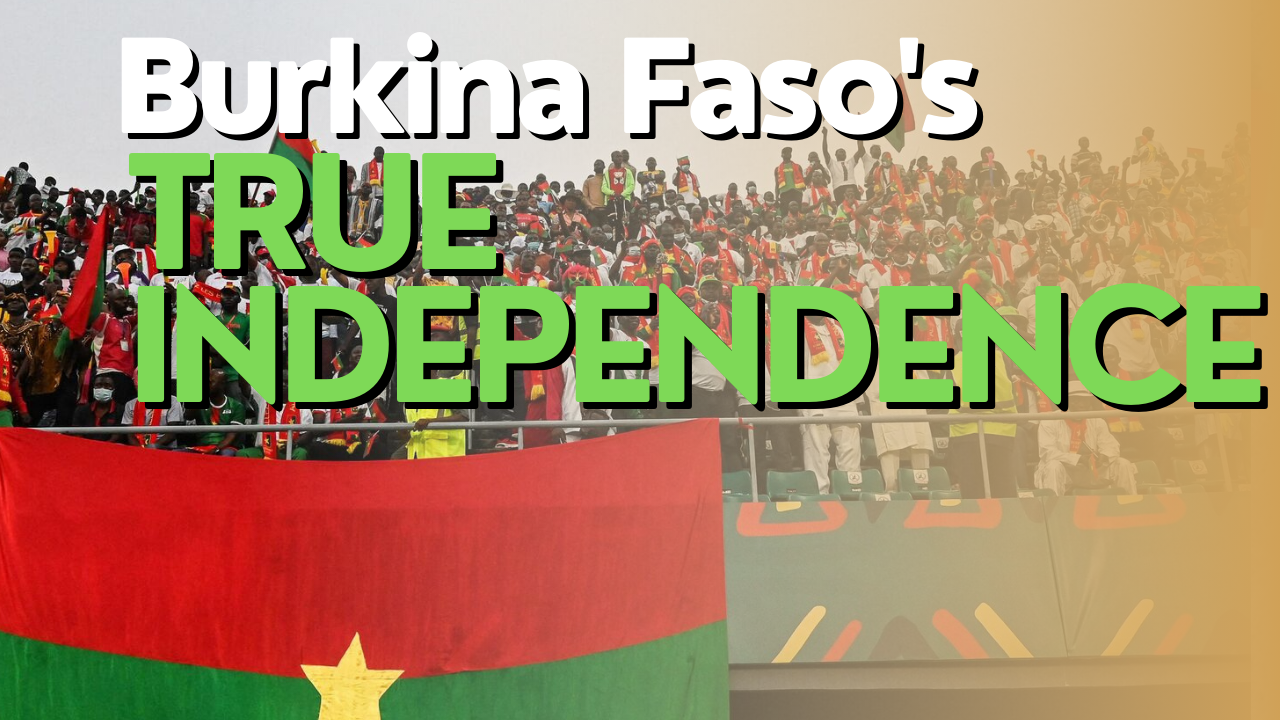
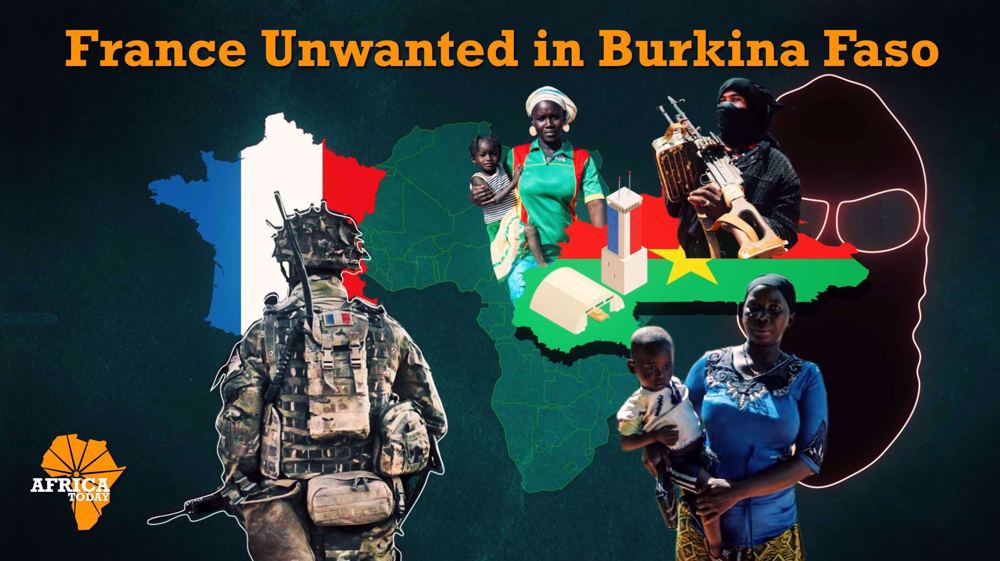
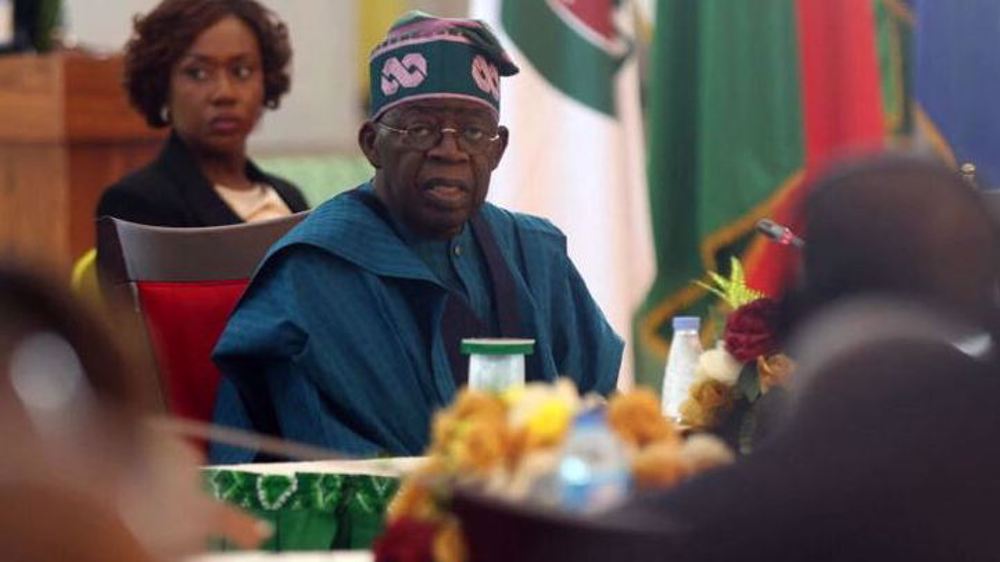
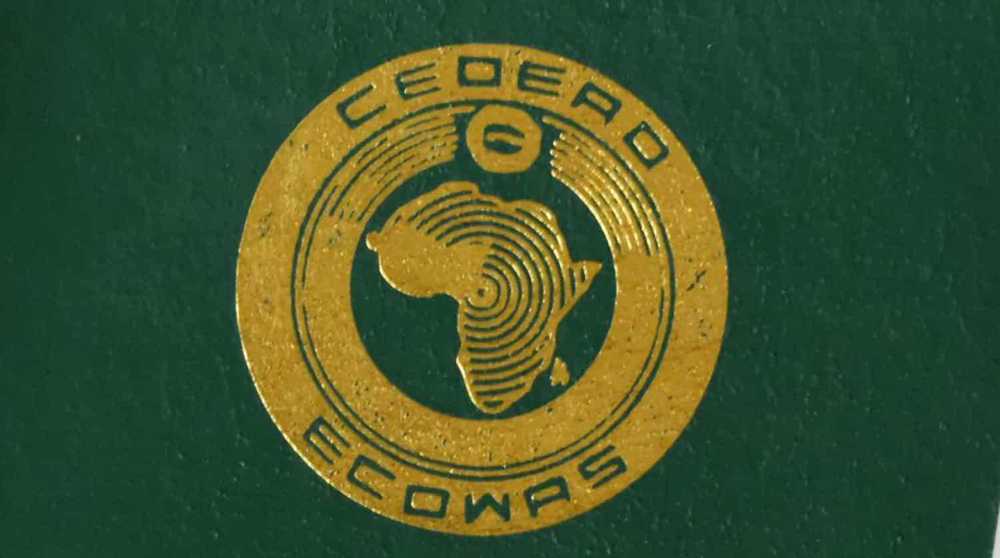
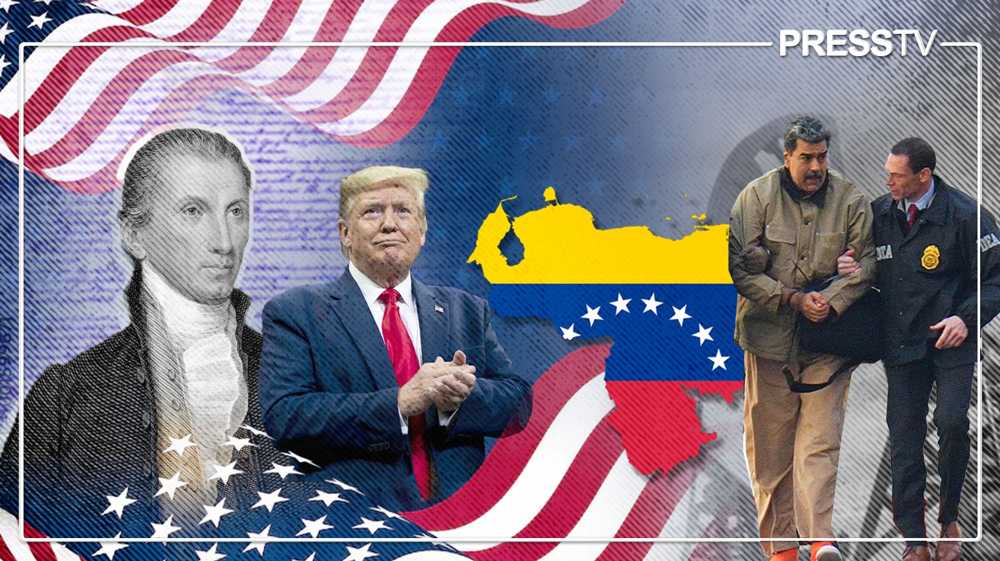
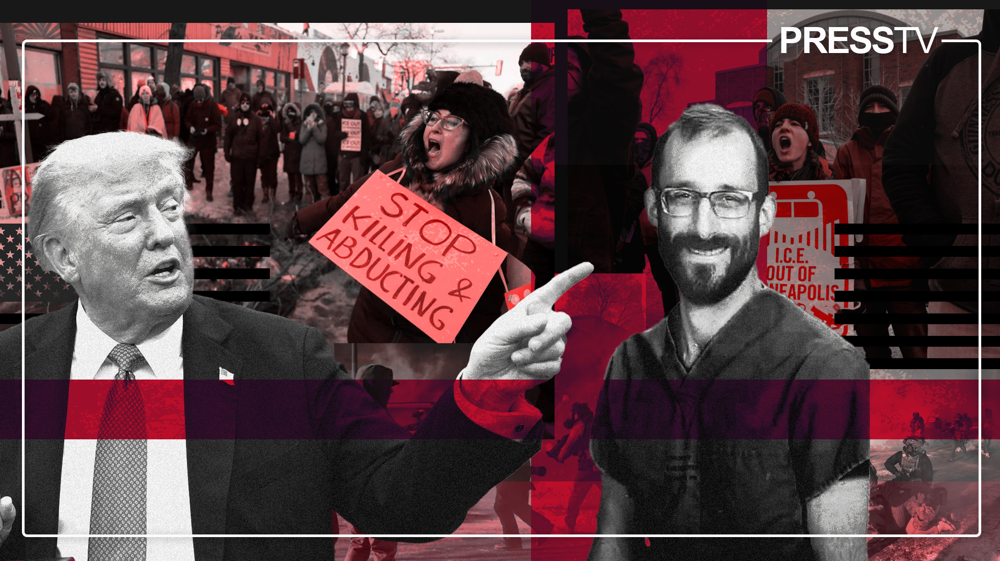
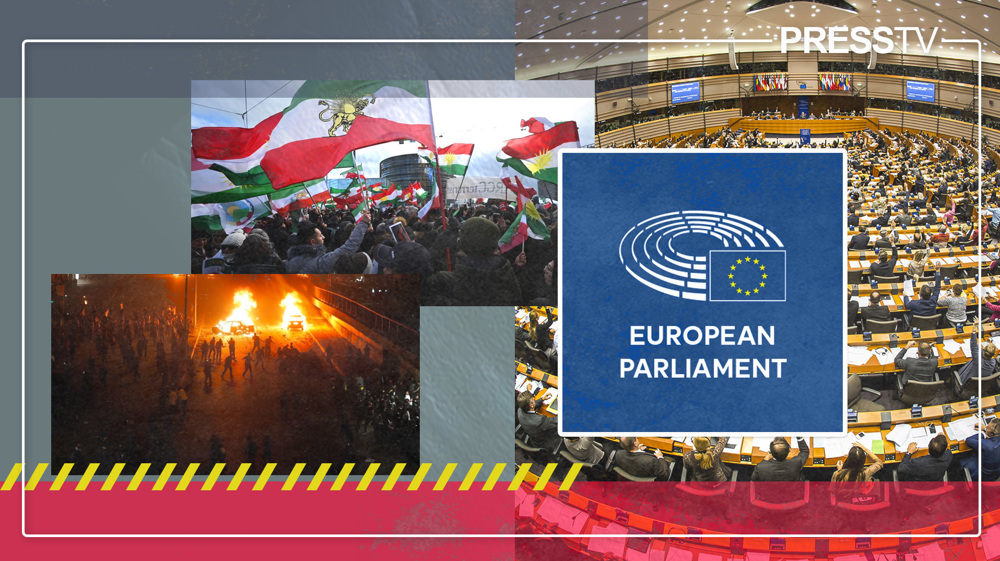



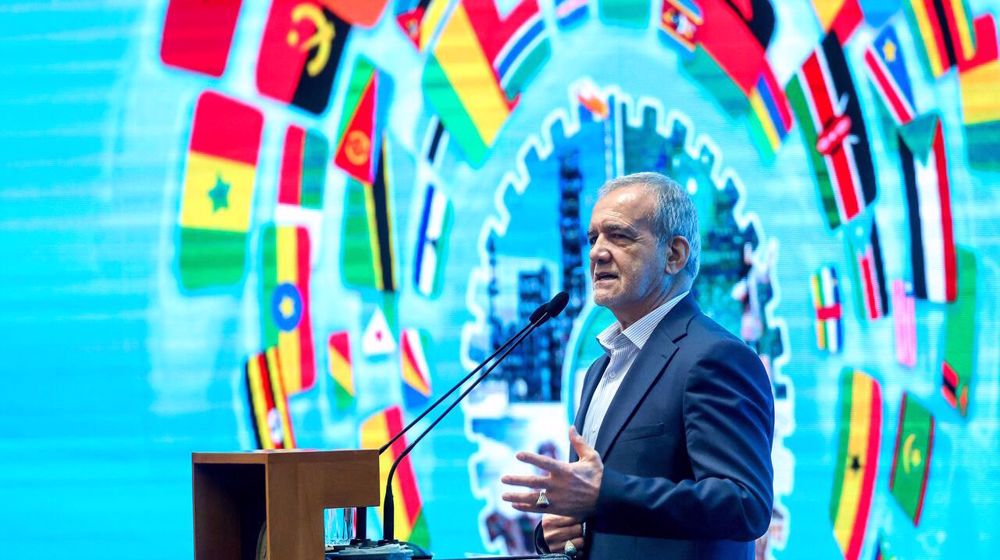
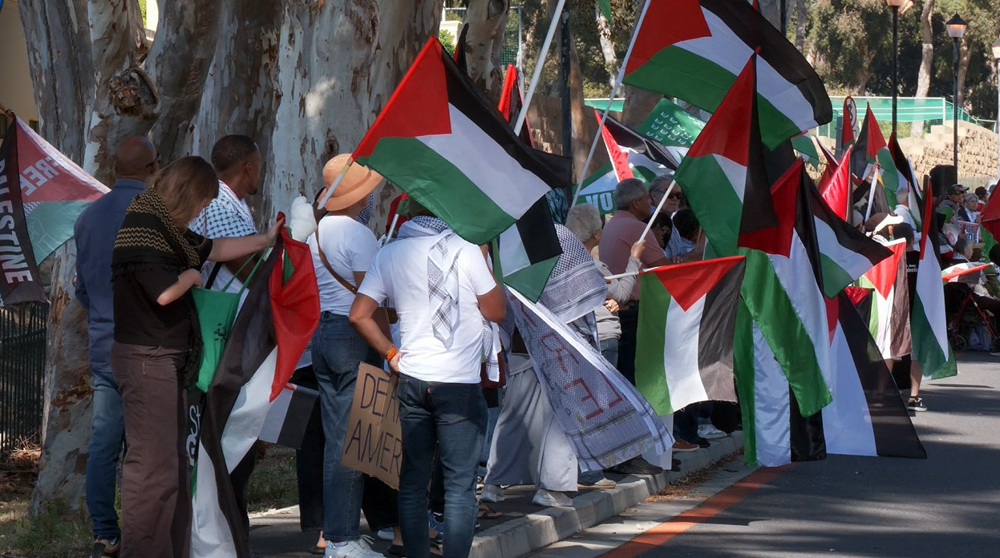
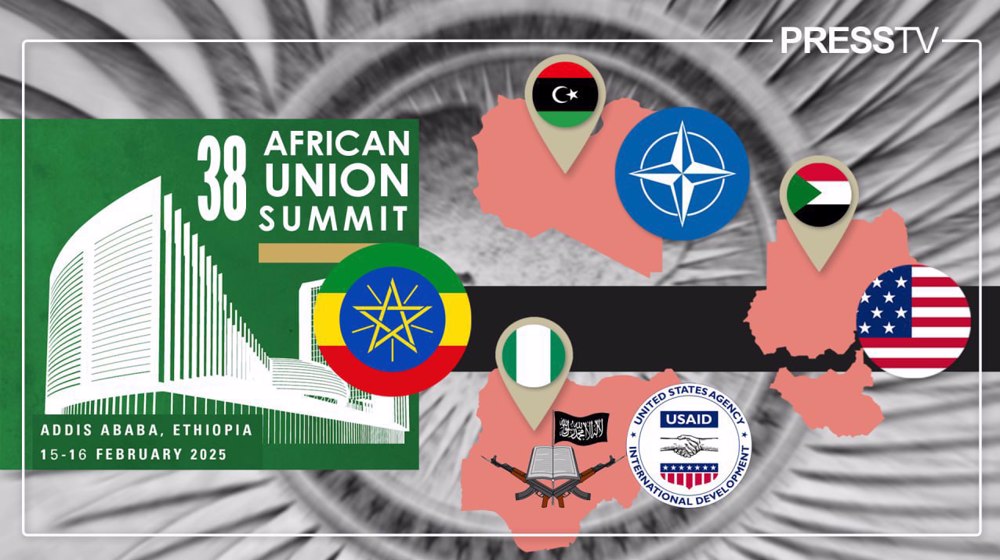
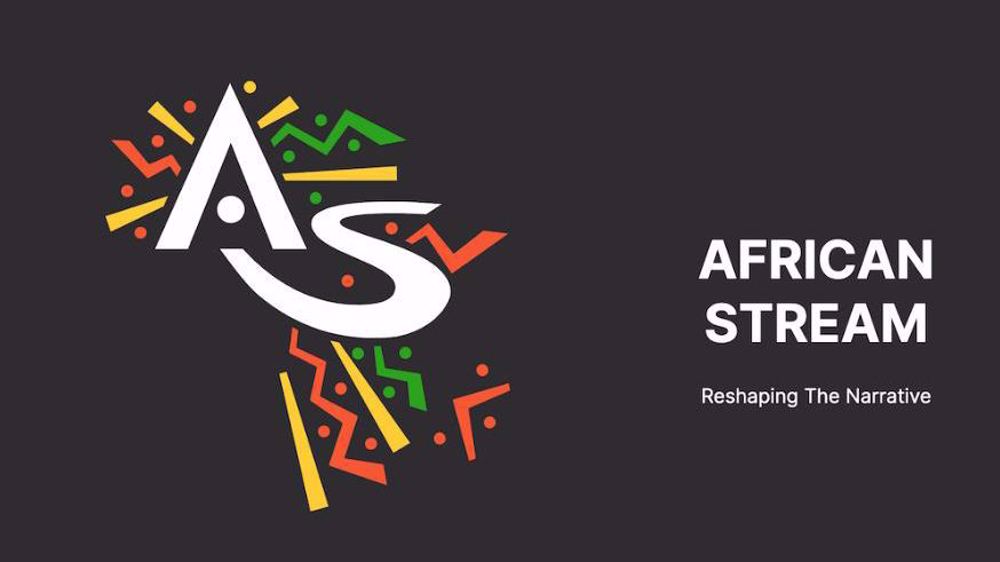
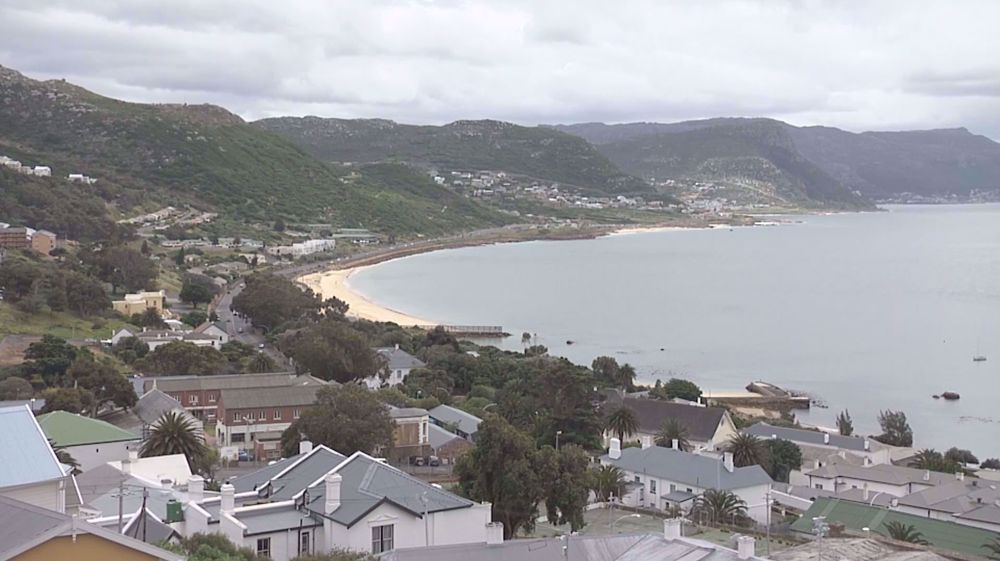

 This makes it easy to access the Press TV website
This makes it easy to access the Press TV website